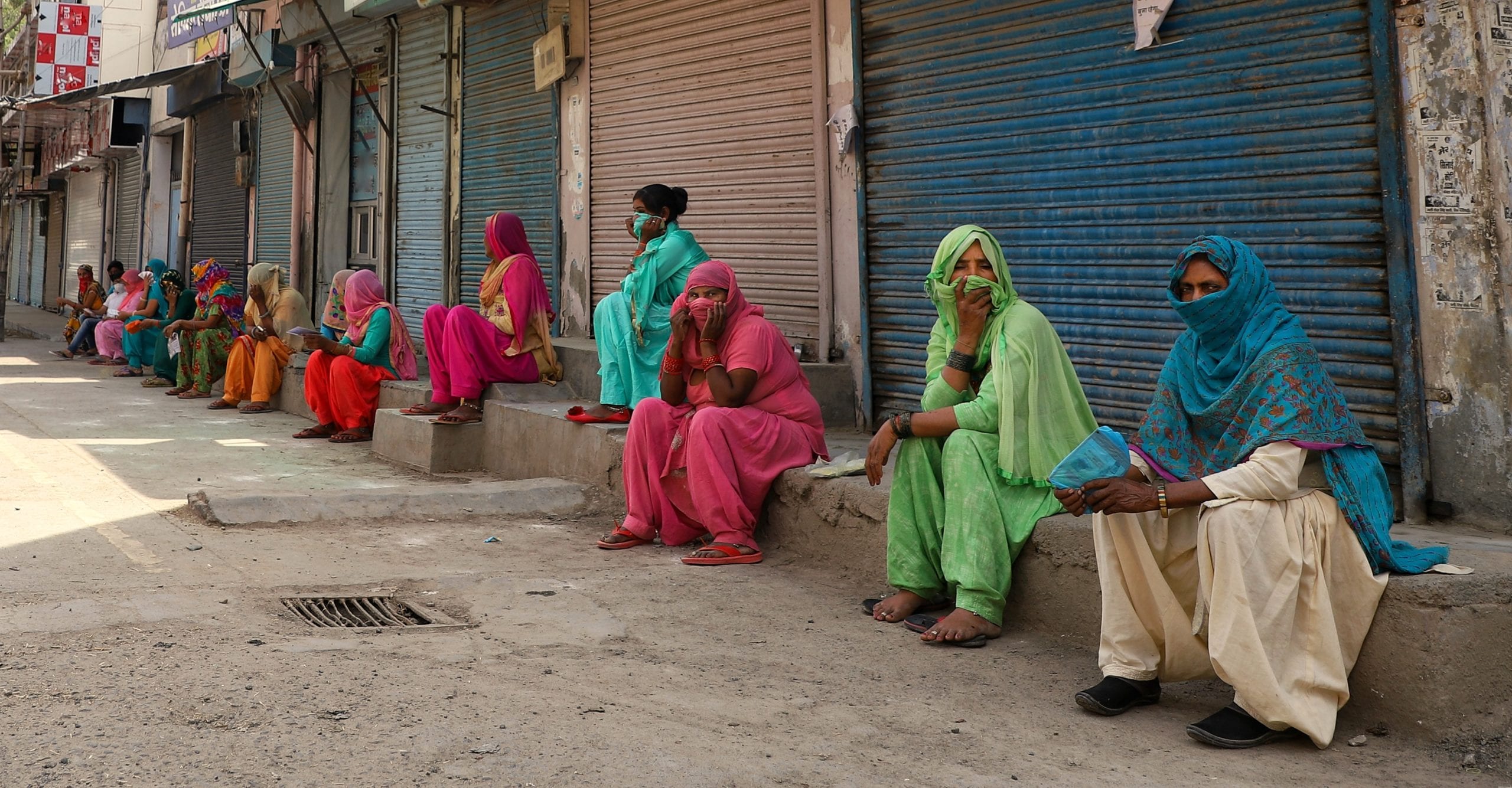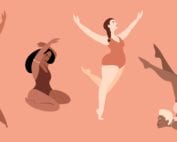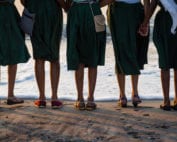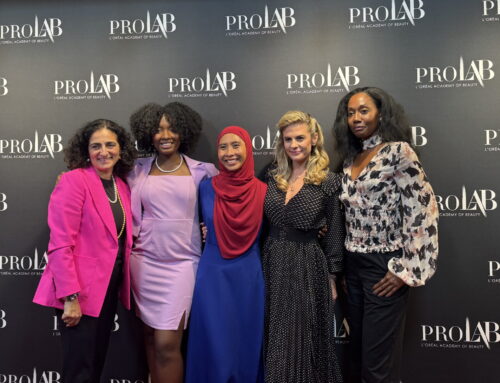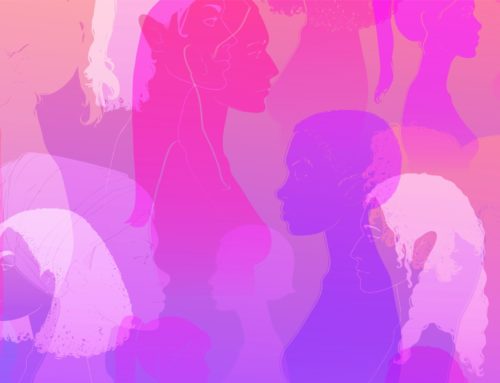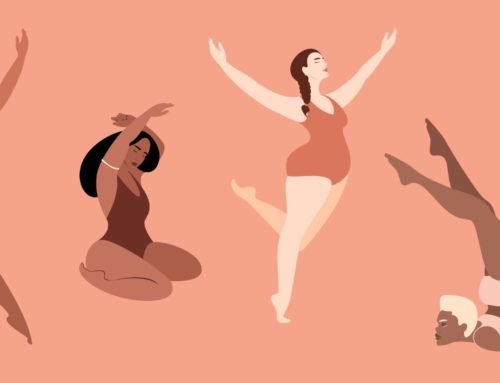The Impact of the COVID-19 Emergency on Girls and Young Women in India
It seems to be a vicious cycle of events unfolding all over again, but this time much worse than what India witnessed last year. As COVID-19 cases continue to spread like wildfire, it has become clear that the outbreak of this virus has implications that reach far beyond people’s physical health. The pandemic is causing fundamental shifts in society as governments struggle to contain the crisis and unfortunately, the impact does not fall equally. Outcomes vary greatly based on factors like race, gender, and socioeconomic status.
Adolescent girls and young women have been particularly vulnerable to the devastating consequences of COVID-19, and this is especially the case in India. In later adolescence, decisions are being made for girls about their futures, including their education and marriage. The burden of household responsibilities grows heavier and their freedoms may well be curtailed in line with gendered expectations about female behavior and girls’ vulnerability to sexual violence. Research shows that when girls attend secondary school, the incidence of child marriage, teenage pregnancy, and poverty declines. Sadly, the pandemic has greatly limited girls’ access to education.
Financial Crisis, an Obstacle in Access to Girls’ Education Amidst the Pandemic
With support from Global G.L.O.W., we are working in Lucknow with girls from resource-poor backgrounds where the pandemic has only exacerbated financial insecurities and feelings of unrest. Lockdowns have forced many families to live off whatever meager savings they may have had with no future assurance of income. We see many girls and their families moving to villages where the cost of living is much lower. We learned last year that this often results in an increased potential for school dropouts among girls, leading to a loss of precious formative years of their education. Their retention at school after a long break is a barrier to continuing education as well.
With job loss, it becomes extremely difficult for the families to afford the lump sum school fees to continue the girls’ education and these girls end up losing a year of schooling. Needless to say, in poverty-stricken families, girls’ education is often not the priority. Moreover, girls also experience shame in repeating the same grade due to not being able to afford the lump sum school fees when peers have moved on to the next grade – of course, the ones whose families could afford it.
“Both my parents are tailors and earn their livelihood by stitching clothes. Their work picks up around the festivals when the market flourishes. Last year amidst the lockdown, my family somehow managed to pay for my board exams fee of grade 10, since then the financial impact of lockdown has been such that I am not able to pay school fees and enroll myself for grade 11. I fear the uncertainties and how this gap year is going to further impact my life and it’s becoming very difficult for my parents to afford my education now with barely any stitching work coming in.” -Nazia*17 years
Gendered Access to Technology in the Wake of Digital Learning
The lockdown has also emphasized the need to re-evaluate the Indian educational system to make it more inclusive and challenge oppressive social structures. While students across the country continue to learn from home, it is imperative to recognize the differential and stratified nature of the impact of shutting down schools. Assuming that everyone can access online classes ignores the vulnerability of disadvantaged social groups. Gendered access to technology is incredibly prevalent and we see it happening to our GLOW Club members first-hand.
As classes shifted online, girls were more likely to miss them because boys have preferential access to the internet and personal devices. Girls in India are not allowed to have their own mobile phones, as this is a way to control and police their behavior and keep them in check. We live in a patriarchal society, where the control over resources lies in the hands of males, even if they are younger. Many of the girls in GLOW Club struggled to get access to an Android device since younger male siblings had full control. The girls had to ask mentors to inform and seek permission from their parents to use mobile phones as per the schedule to keep attending the Glow Club sessions.
“We have an Android mobile phone at home, but it’s at the disposal of my younger brother. He keeps playing games on it with his friends and I have to seek my parents and his approval to use it for my online classes and sessions of glow club. Often I have to intervene with him while playing to ask him to give the device for my classes. He constantly is around when I am using the device, almost feels like he’s keeping a check on my classes and everything that’s going on”- Nalini*, 15 years
While online learning has created more opportunities, it has also brought to the forefront the fact that the internet is not an organic equalizer. It gives weight to the fear that in the prospect of reaching every girl lies the possibility of leaving so many behind.
In-person learning at school provides more mobility to the girls than being locked down in their houses. At school, they have more of an opportunity to make social ties and have a sense of belonging amongst their friend circles. Many girls expressed feeling aloof and experiencing emotional distress since they do not have consistent contact with their friends from school. Moreover, additional household work which they are expected to perform adds to the monotony of their daily routines.
Our GLOW Club mentors have been instrumental in ensuring that club members feel safe and are heard in the spaces where they meet. They can feel a sense of belonging to a social group that breaks their routine lives’ monotony. To make their clubs as inclusive as possible and keep all club members involved, mentors visit girls and their parents while maintaining social distancing at all times. There are also regular check-in calls with the girls to keep them engaged in positive activities. Mentors are actively involved in trying to help the girls and their families transition to online learning, by attempting to sensitize parents and help them create a supportive learning environment for children at home. Mentors also engage in dialogue with the parents on their own well-being.
We appreciate the mentors’ emotional support and dedicated efforts in such times of uncertainty towards their club members and their families. We all are in this together and hoping this too shall pass!
Written by Pallavi Gahlaut, Global G.L.O.W. partnership coordinator from SES India. Asia Initiatives also works in partnership with Global G.L.O.W. and SES India.


